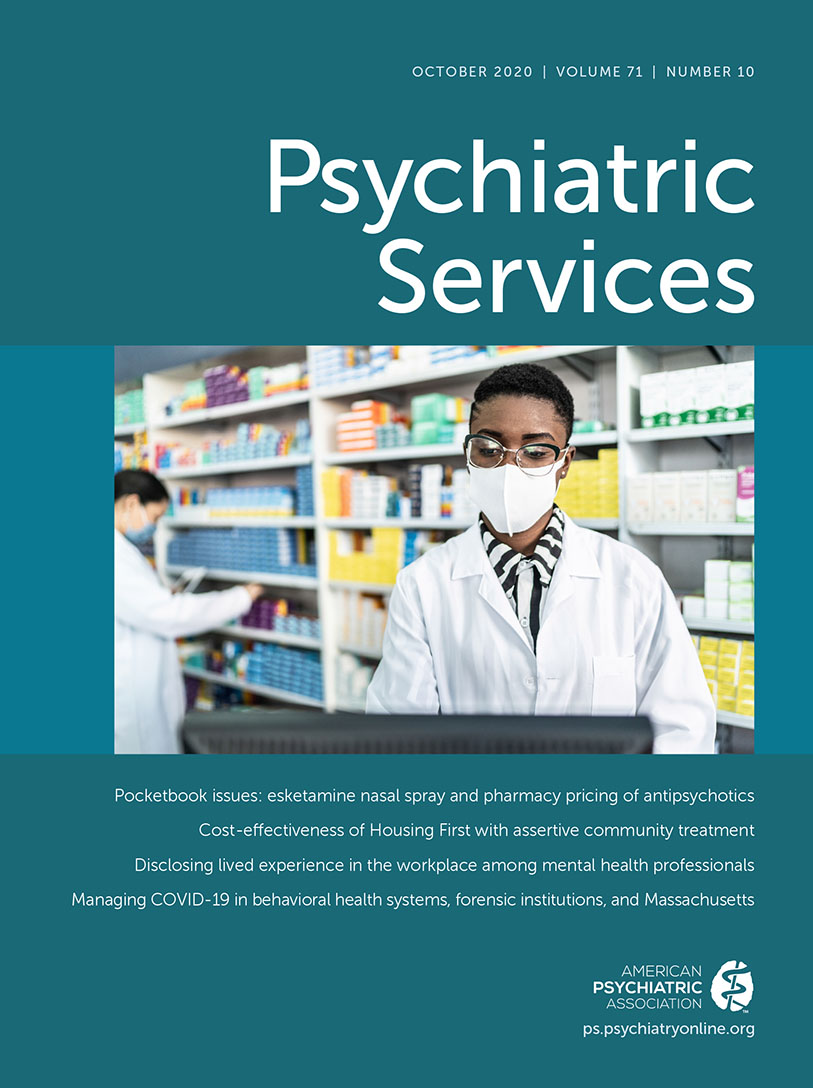Factors Affecting Mental Health Professionals’ Sharing of Their Lived Experience in the Workplace: A Scoping Review
Abstract
Objective:
Research has suggested that some mental health professionals (MHPs) continue to hold stigmatized beliefs about persons with emotional distress. These beliefs may be amenable to contact-based interventions with similar peers. To inform future interventions, policy, and research, this scoping review examined existing literature to identify factors that affect disclosure of lived experience by MHPs to colleagues and supervisors.
Methods:
A systematic search was conducted of four online databases, gray literature, and the reference lists of included articles. Primary research studies of any design conducted with MHPs with lived experience of emotional distress and their colleagues were included. The findings of included studies were inductively coded within the themes of enabling, constraining, and intrapersonal factors influencing disclosure.
Results:
A total of 23 studies were included in data extraction and synthesis. Factors that influenced MHPs’ sharing of their lived experience in the workplace were categorized into five overarching themes: the “impaired professional,” the “us and them” divide, the “wounded healer,” belief in the continuum of emotional distress, and negotiating hybrid identities. MHPs with lived experience described feeling conflict between professional and service user identities that affected the integration and use of their clinical and experiential knowledge. Enabling factors reflected best-practice human resource management, such as organizational leadership, access to supervision and training, inclusive recruitment practices, and the provision of reasonable accommodations.
Conclusions:
Findings of this scoping review suggest that organizational interventions to support MHPs in order to share their lived experience may improve workplace diversity and well-being, with implications for service users’ experience.



